Viktor Orban declared: “If the Ukrainians are admitted, the war will also be brought into the Union as well." The prime minister emphasized that Hungary has a dozen concerns about Ukraine’s membership – ranging from agriculture to corruption and even intelligence attacks – and neither Brussels nor Kyiv has provided satisfactory answers. That is why the Hungarian government initiated a national consultation vote on the matter, stressing that decisions about the future of an entire continent must not be made irresponsibly.
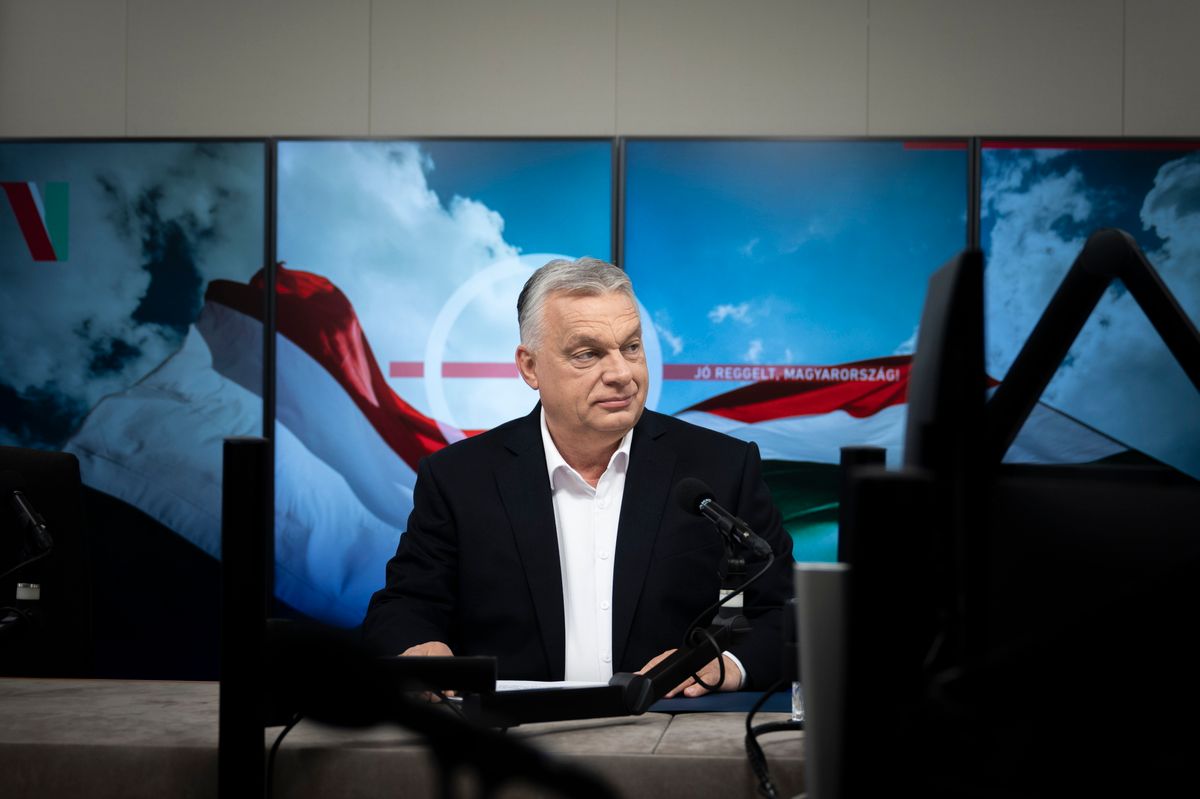
Ukraine’s Accession to Bring Massive Security Risks
If Ukraine becomes a full member of the European Union, it would mean a war-torn country adjacent to Hungary would be within the Schengen Area. This alone would pose a serious threat to Hungary’s security, according to Orban, who also added that the greatest risks would stem from uncontrolled migration and a dramatic decline in public safety. With the disappearance of the border, millions of Ukrainian citizens would likely appear in Hungary, many not intending to integrate but rather fleeing war and economic despair.
Millions of Ukrainian migrants will appear here. If there is no border between the two countries, everything is at risk,
Orban pointed out, adding:
The activity of the Ukrainian mafia is well known in Hungary. Public safety can no longer be guaranteed.
The warnings by the Hungarian government are backed by intelligence reports and security analyses. Intelligence expert Laszlo Foldi has stated that Ukraine’s criminal underworld is historically among the most brutal in the world, and that trained but demobilized soldiers could easily join these groups after the war.
Europe will receive the actual war from Ukraine, because the Ukrainian mafia and unemployed soldiers will turn to organized crime across Europe,
he warned. According to the GITOC (Global Initiative Against Transnational Organized Crime) crime index, even before the war, Ukraine was among the world’s most affected by organized crime — ranked 34th out of 193 countries, and 3rd worst in Europe. Eastern criminal gangs are already active in major Western European cities. Sweden, Germany, and Belgium are seeing frequent gang wars, bombings and executions.
Should Ukraine become an EU member, these problems will intensify, and Hungary could become a frontline state against international crime with the border removed.
Border guards, police, and intelligence forces are already stretched beyond their limits, and a borderless Schengen situation with Ukraine would impose unmanageable burdens.
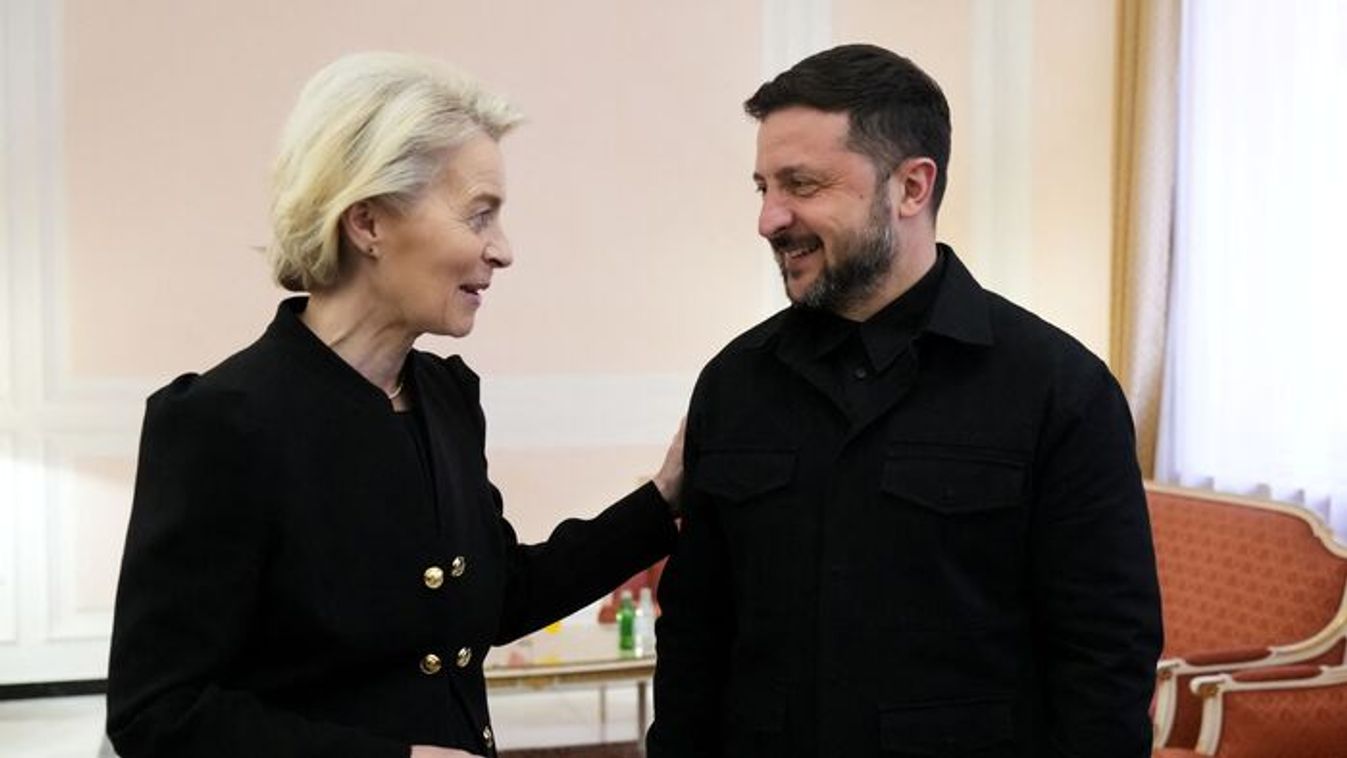

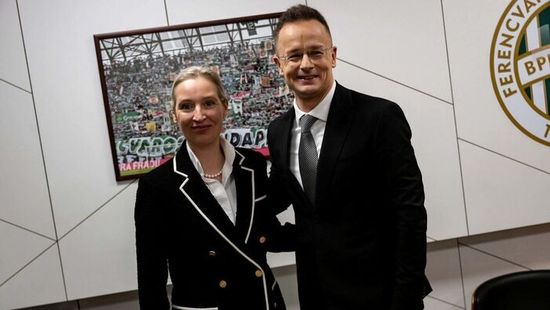
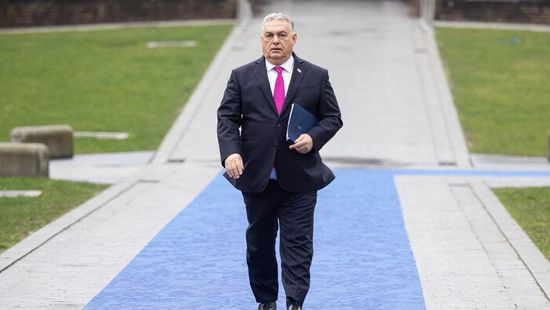
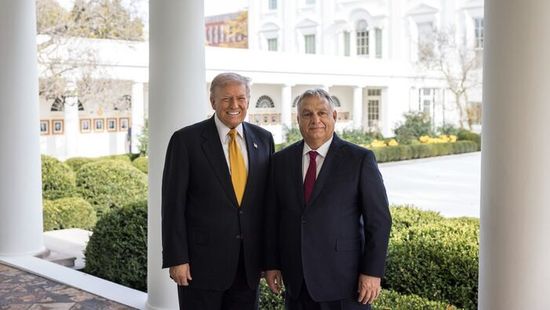

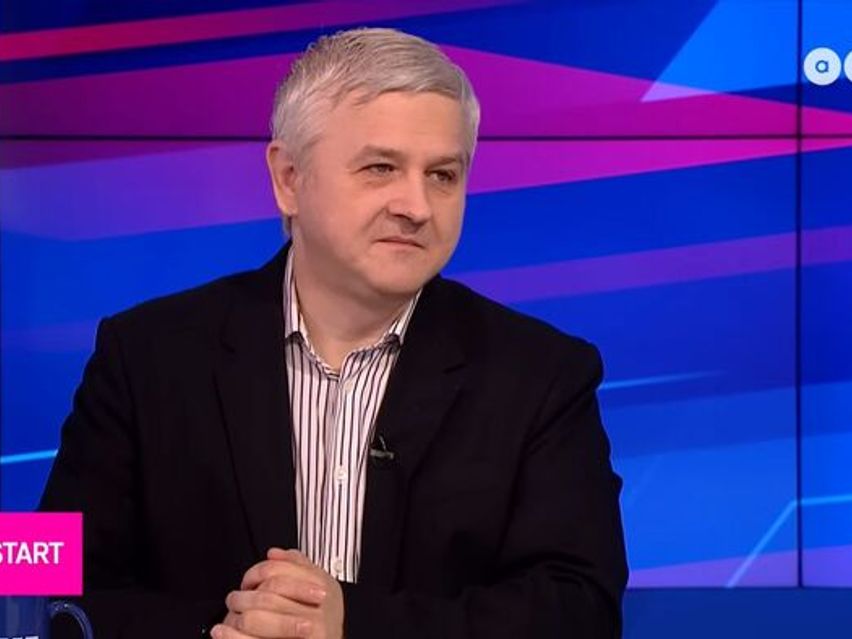
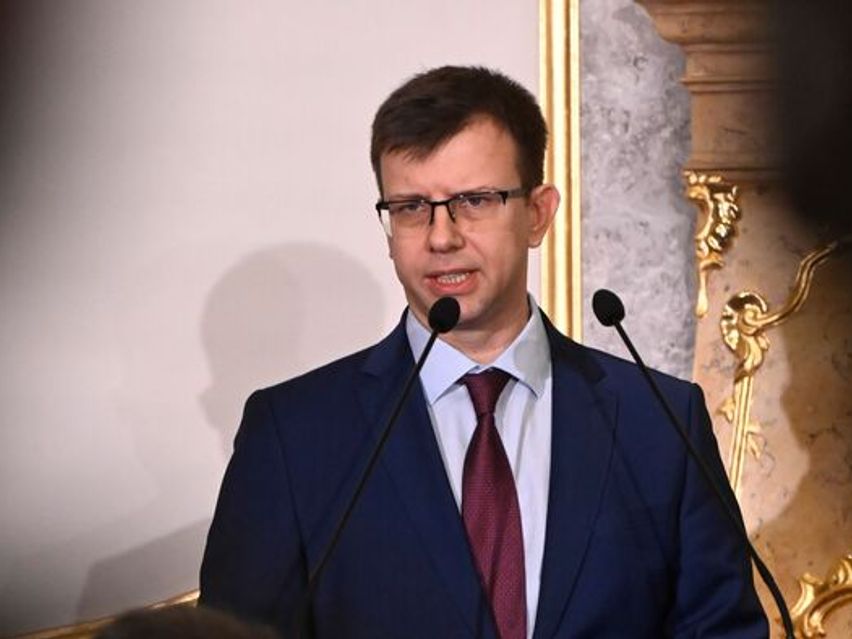

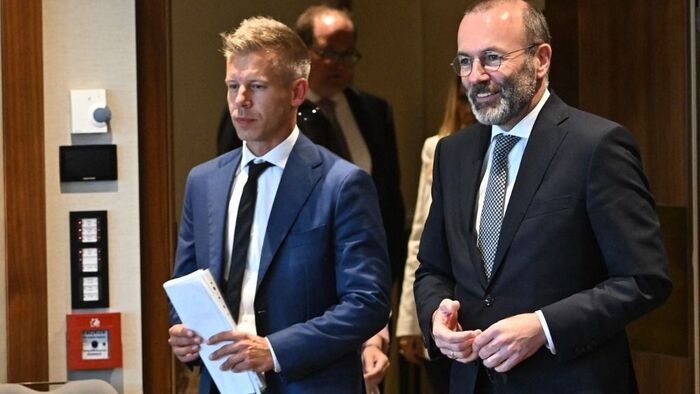


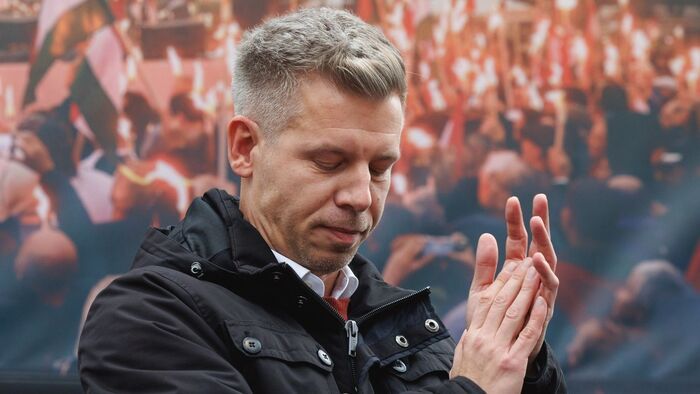
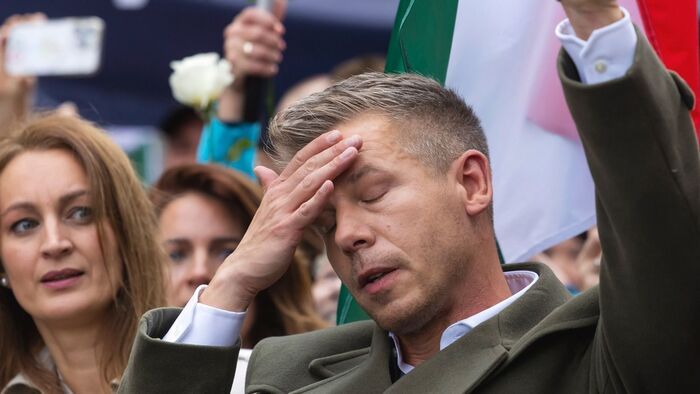
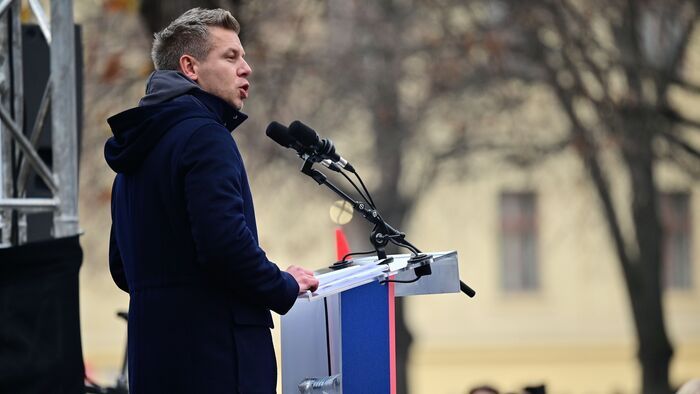

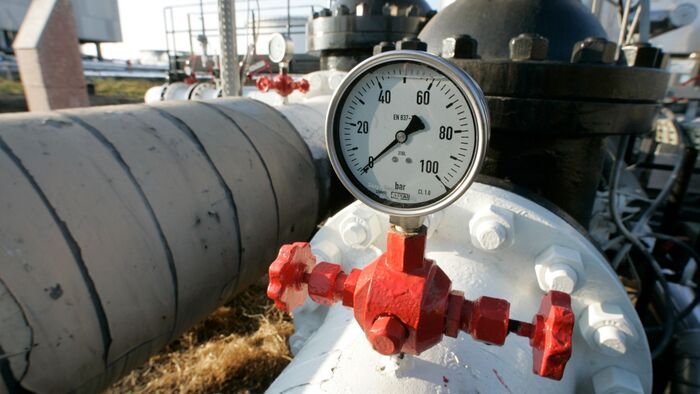
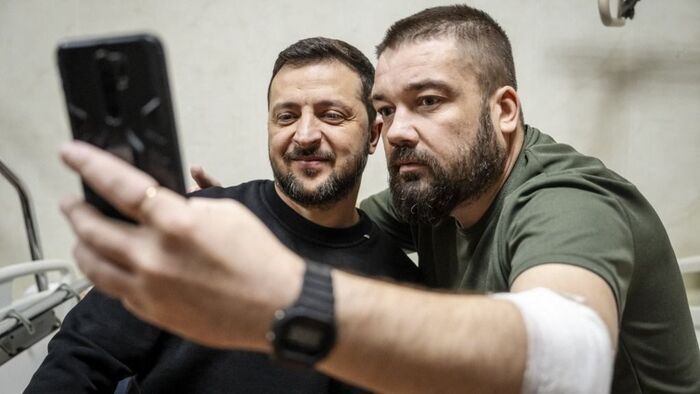





Szóljon hozzá!
Jelenleg csak a hozzászólások egy kis részét látja. Hozzászóláshoz és a további kommentek megtekintéséhez lépjen be, vagy regisztráljon!